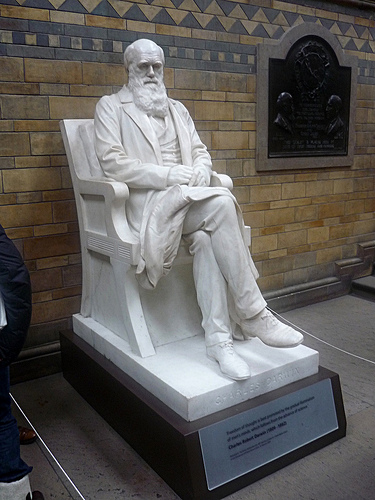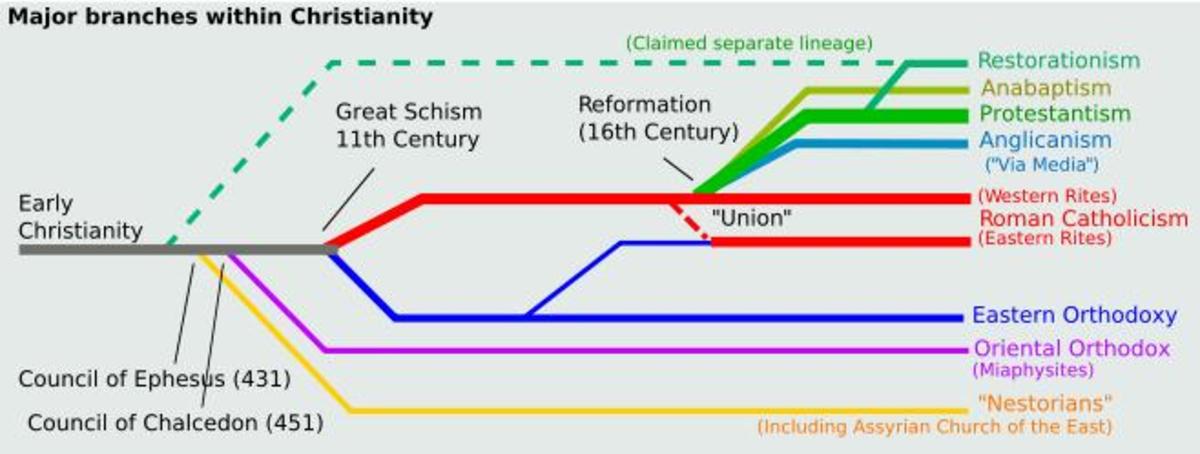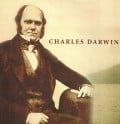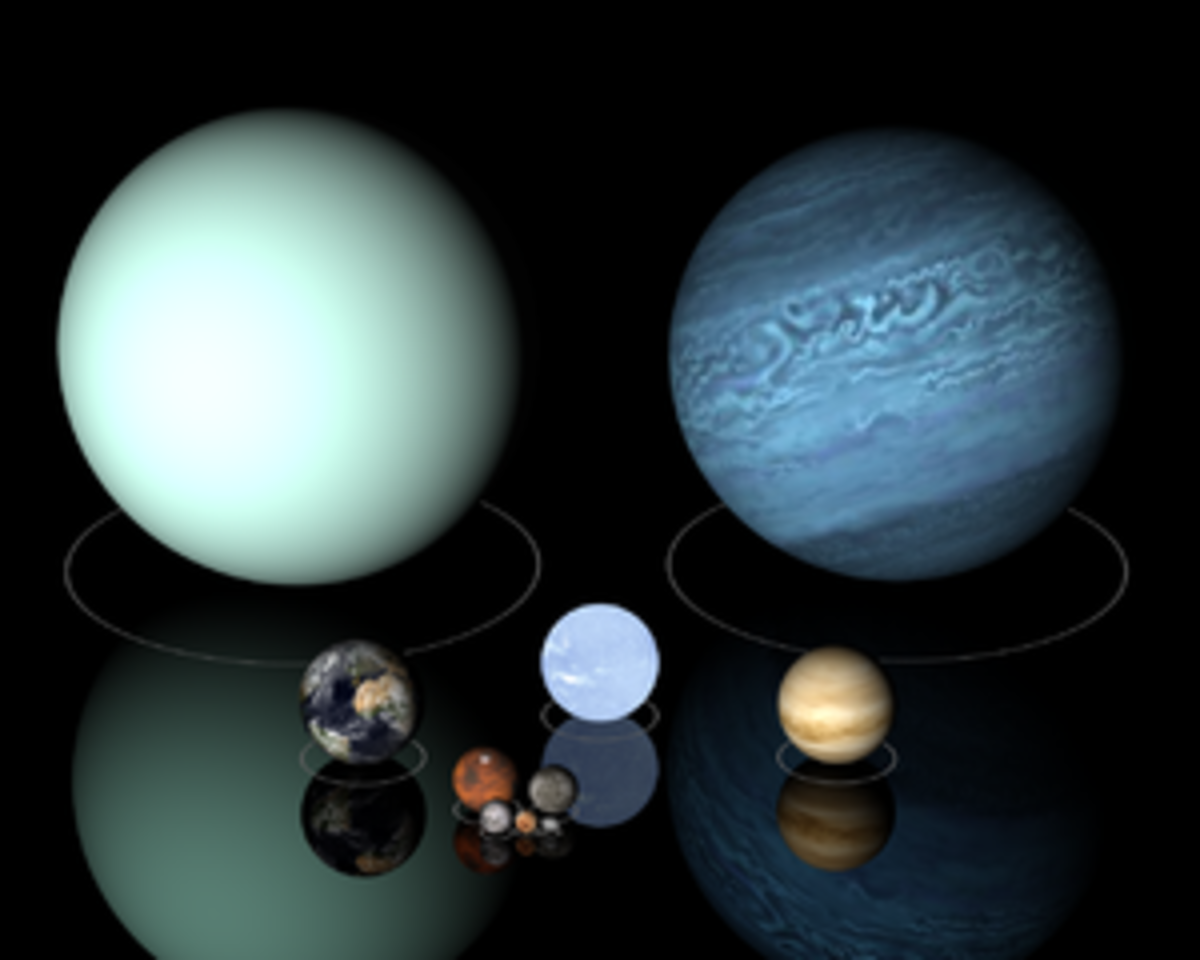Can I be a Scientist AND a Catholic?
On the subject of evolution it seems there are two opposing, mutually exclusive sides to the argument- science or religion. People dedicate their whole careers to these subjects, supporting one side or the other but inadvertently becoming an expert in the opposing side in order to substantiate their claims. As a scientist, I am familiar with the theory of evolution. But as someone who was raised Catholic, I am also familiar with the idea of Genesis, which describes how the world was created by God in six days. It wasn’t until around the time I was in college that I started forming questions about how and if these two ideas can co-exist. Do pious people shun science? If a really religious person does not believe in evolution, are there other science concepts they don’t buy into as well? On the counter-side- do scientists have no religion? The idea of how the world was created is a pretty large concept and it is my feeling that whichever side of the debate you take, the science side or the religious side, draws the line in the sand for the individual. I believe in evolution over the bible’s creation story. From my perspective since I don’t believe in Genesis, I think it is unrealistic to believe the remainder of the information in the Bible. Before I wrote this article, I felt it was all-or-nothing, since I chose the theory of evolution over creation then I cannot believe the remainder of what the Bible tells me. I’m not saying all scientists need to be atheists; to me there is a distinction between organized religion and believing in a God. Specifically I wonder if a person can be a full Catholic and a full scientist all at the same time. The question I wanted to answer in researching this article is can I believe everything the Bible has to say except for the story of creation?

Can a person believe in only certain parts of the Bible?
This is an age old debate where in one corner stand the Evolutionists and on the other side of the ring are Creationists. My previous definitions list the Evolutionists as Scientists and the Creationists as Religious Folks. But it is not that simple, many scientists are religious and many religious people believe in scientific theories. As I mentioned above I have always had a problem with this. I don’t believe the book of Genesis in the Bible and instead I believe in evolution. I think it would be wishy-washy of me to then go on to say I take the rest of the Bible as fact. How many books out there have both fiction and fact interweaved among each other? However that is how some people see it.
In an article I came across Guy de Moubray writes about these two theories of how the world began and he mentioned in his article ‘It is really rather surprising that the account of creation in Genesis could ever have been taken literally.’ He goes on to state that from Genesis VII onward is ‘partly historical and partly prophetic.’ Another article entitled ‘Is the Bible True?’ by David Lose mentions similar ideas about the Bible being a collection of works where the writers, in some cases, come right out and say they are recounting stories told to them. These opinions modify my view- it makes sense that the Bible doesn’t adhere to simple genre classification. It is a collection of works that goes along the with the idea that in ancient times oral history was passed down until written word was established and at this time someone pooled together the stories they had heard over the years and finally put pencil to paper on the subjects. The author of the second article mentions our definitions of truth and facts have to be proven with evidence and data. But this is our current criteria of truth and ancient works cannot be subject to criteria not nearly as old as the works themselves. We cannot go backwards in time and apply the method of looking for proof to substantiate these claims, and since we cannot works of this time are not held to the same definitions of new works. The beginning of the Bible, however, as the first author points out, is a separate entity than the remainder of it. It recounts the origin of the world in too much detail for it to be real, since no one was there at the time to witness it. A lot of people dismiss organized religion as Man’s image of God. That is what I take away from all of this; Genesis is Man’s version of God creating the world. It cannot be subject to our fiction/non-fiction criteria, it can be taken as truth, understood to be an interpretation of man’s image of God or dismissed altogether. But it is distinct from the remainder of the Bible and thus can be taken separately.


Darwin Terminology
Natural Selection- Certain genetic differences create advantgeous phenotypes, allowing these organisms to fare better in their given environment, leading to their survival and reproduction.
Descent with Modification-Inheritance of traits from parent to offspring ultimately allowing for a change in the organism's phenotype.
To summarize Charles Darwin’s Theory of Evolution, a few key phrases come up- descent with modification, natural selection, and adaptation. Darwin was one of the first thinkers to propose the idea of evolution, describing how all species have come from earlier life forms. In addition to putting forth the idea of evolution, opposed to natural theology, he proposed his mechanism for how evolution occurred- Natural Selection. Natural selection is an uncontrollable mechanism of genetics where mutation gives rise to different phenotypes. Certain phenotypes will correspond to better survival of the organism in its specific environment. The phenotypes which allow for increased survival ultimately allow those individuals to reproduce more, and thus these genetic changes will be perpetuated in offspring. Natural Selection deals directly with the relationship between random genetic mutation and how the change alters the organism’s interaction with its environment. Everything is a competition, there are limited environmental resources within a population and limited mating partners. An advantage that allows an organism to be more successful in its given environment can be the difference between surviving and not surviving. And survival is synonymous with producing offspring which passes along these desirable traits. These desirable traits compounded are the modification part of Darwin’s term descent with modification.
Can science and religion both be right?
The theory of evolution, that all life forms on earth are directly adapted from ancestral forms, is well supported by fossils and molecular biology among other scientific fields. Darwin proposed in his research in the mid 1800s that if his ideas were correct, that every organism on Earth has come from an ancestral organism, it would eventually be shown in the fossil records. Although this is still a heavily researched and controversial subject, many researchers feel the fossil record does support Darwin’s theory. While others believe there are still some major intermediates that have yet to be discovered.
It has been established that prokaryotes, the major example being bacteria, are the precursor to all eukaryotes. It has been confirmed all vertebrates evolved from fish, starting with amphibians and then reptiles. As well, both mammals and birds are formed from ancestral reptiles. The fossil record is not complete, but much of it has been found and supports evolution. Intermediate species bridging the gap between different classes of vertebrates have been discovered, such as extinct species of whales with hind limbs proving they evolved from land animals. Based on my reading the reason people are still hesitant to accept evolution based on the fossil record is its incomplete status. I feel this is a loophole for those unwilling to accept evolution. The fossil record might never be complete due to how extensive it is. But everything compiled thus far points to no other theory but evolution.
What do you think explains the origins of life on Earth?
Maybe God is a scientist. Sure it’s a compromise of the two opposing views which at first glance seems like a cop out but what if the answer isn’t science or religion. What if it’s both? What if the world was created by God but evolution was the mode of growth. In this version God wouldn’t have created Adam and Eve but instead God created the world and put single-celled organisms on it, leaving them to evolve into multicellular organisms? I agree that both theories are incomplete so what if there is some mash-up of both, would that answer all the questions? Or does this just allow me to feel better, since I can keep my science and religion?
It is unrealistic to cement one's views by looking into what is only the tip of the iceberg on the Science vs. Religion debate, as I have done while researching this article. But at the very least from this research, I feel better thinking of the story of creation in the Bible as just that-a story. More importantly I can make the educated decision, for myself, to separate it from the rest of the Bible and keep my Catholic status intact.








